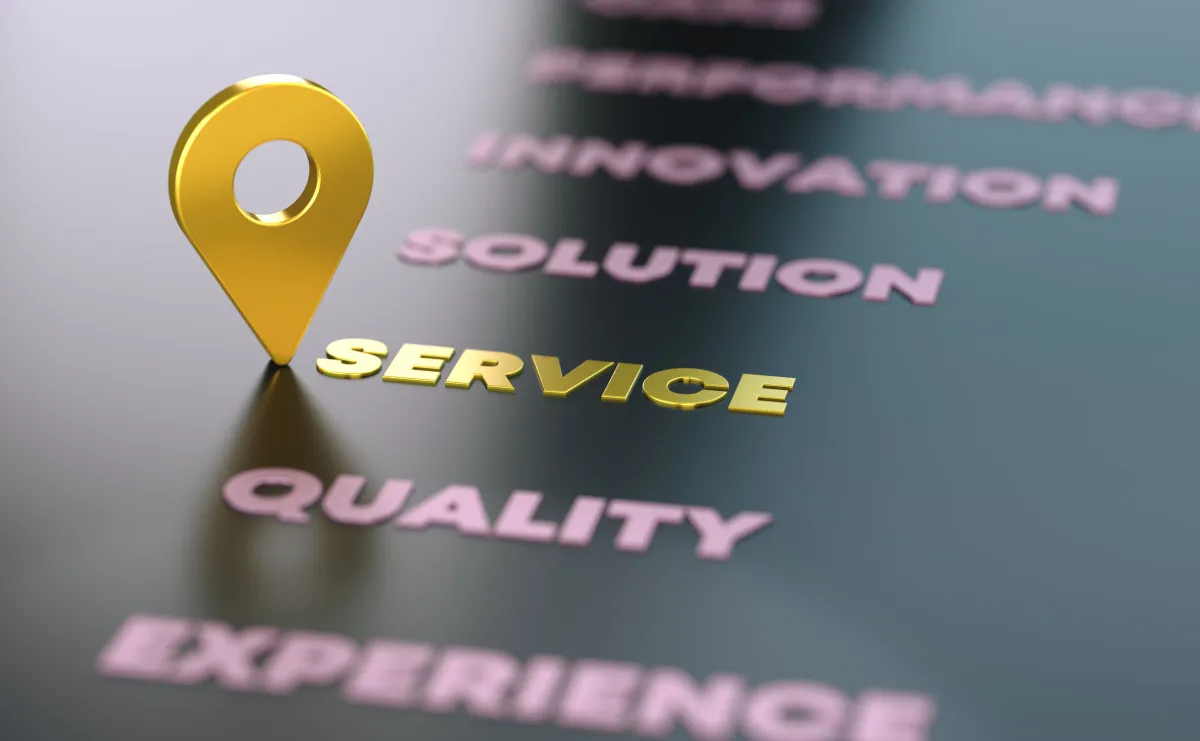In today's competitive market, offering exceptional customer service can be the key differentiator for businesses striving to stand out. Mastering customer service skills not only increases customer satisfaction but also fosters loyalty, enhances brand reputation, and drives business growth. For decision-makers in the field of customer service, understanding and implementing these skills is crucial for delivering extraordinary experiences that resonate with consumers.
Understanding the Importance of Customer Service Skills
Customer service skills encompass a wide range of abilities that enable professionals to manage customer interactions effectively. These skills are essential for addressing customer issues, providing solutions, and maintaining a positive rapport. Recognizing the impact of these interactions on customer retention and company success is the first step toward excelling in service delivery.
Building Customer Connections
Establishing a genuine connection with customers is pivotal. Simple actions such as addressing customers by name, actively listening to their concerns, and empathizing with their situations create a welcoming environment. These interactions contribute to forming an emotional bond, which is fundamental for customer loyalty.

Key Customer Service Skills to Develop
Effective Communication
Clear and concise communication is at the heart of excellent customer service. Training staff to articulate thoughts without ambiguity, while also being proficient in non-verbal cues, ensures that messages are accurately conveyed and understood. Moreover, personalized communication enhances the customer experience, making clients feel valued and heard.
Problem-Solving Abilities
Quick and resourceful problem-solving can turn a potentially negative experience into a positive one. Encouraging a proactive approach wherein staff anticipate issues and offer swift solutions not only appeases customers but also reflects the company's competence and dedication to service excellence.
Patience and Empathy
Handling difficult situations with patience and empathy is critical. Understanding the customer’s perspective and addressing their emotions fosters trust and credibility. Employing patience allows customer service professionals to remain calm and composed, even when faced with demanding clients.
Implementing Training Programs
Creating comprehensive training programs is vital for equipping staff with essential customer service skills. These programs should include role-playing exercises, real-life scenario simulations, and feedback sessions. Continuous learning and development ensure that staff remain adept at managing evolving customer expectations.
Leveraging Technology for Enhanced Service
Integrating technology can significantly improve the efficiency and effectiveness of customer service operations. Utilizing CRM (Customer Relationship Management) systems, chatbots, and AI-driven analytics can streamline processes and help staff provide quicker, more informed responses. Decision-makers should prioritize technology investments that align with the company’s service goals and customer needs.
Evaluating Customer Service Performance
Regular assessment of customer service performance is necessary to identify areas for improvement. Utilizing surveys and feedback forms to gather customer opinions provides valuable insights into the effectiveness of current strategies. Additionally, monitoring key performance indicators, such as response time, resolution time, and customer satisfaction scores, is crucial for measuring success.
FAQs
What are the most important skills for providing exceptional customer service ?
The most important skills include effective communication, problem-solving abilities, patience, empathy, and the ability to connect with customers. These skills help build trust and create memorable service experiences.
How can training programs be made more effective for customer service staff ?
Training programs can be made more effective by incorporating practical elements such as role-playing, scenario-based simulations, and regular feedback sessions. Ensuring that training is an ongoing process rather than a one-time event also helps maintain a high standard of service.
How does technology improve customer service ?
Technology improves customer service by streamlining processes, enhancing communication, and providing data-driven insights that help teams anticipate and meet customer needs more efficiently. Tools like CRM systems and chatbots are particularly useful in increasing speed and accuracy in customer interactions.
What are the benefits of evaluating customer service performance regularly ?
Regular evaluations allow companies to identify strengths and weaknesses in their customer service approach. This ongoing assessment helps refine strategies, enhance customer satisfaction, and align service practices with corporate goals.








